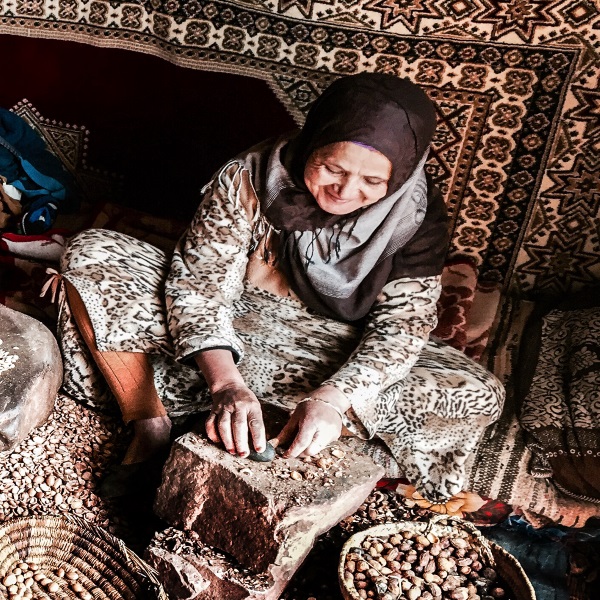Abstract
In neoliberal global economy, poverty is often theorised as an eradicable economic issue, partly depending on a poor country’s domestic and bilateral policies and partly on poor people’s initiatives (Kiely 2005). An individual’s migration to sell labour in a relatively rich country is considered a powerful personal strategy to make a leap from ‘poverty to prosperity’, affecting the migrant’s both local and national economy (The World Bank Report 2018). Labour migration is intricately linked with a person’s wider context of collective histories of aspirations, struggles and resistance. Using literary materials published in English (translated from Bangla) by Bangladeshi labour migrant poets and writers in Singapore, this paper analyses the centrality of these written texts to recreate migrants’ personal histories within their individual journey of poverty eradication. In such narratives, a
migrant often appears as a precarious self being caught in a myriad of uncertainties in a foreign land. Thus, their narratives become a tool to destabilise the binary categories of a migrant’s home country as poor and the host country as rich. Instead, a labour migrant’s perception of poverty and material inequalities is expressed through what I call ‘literature from below’ where creative words become a political tool to resist any a-historical categorisation of labour migrant, poverty and its eradication. The words emerging from labour migrants’ lived experiences represent them both as agencies of eradicating poverty and workers living in an uncertain condition of economic and social precarity.

